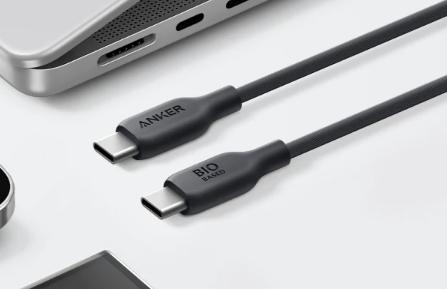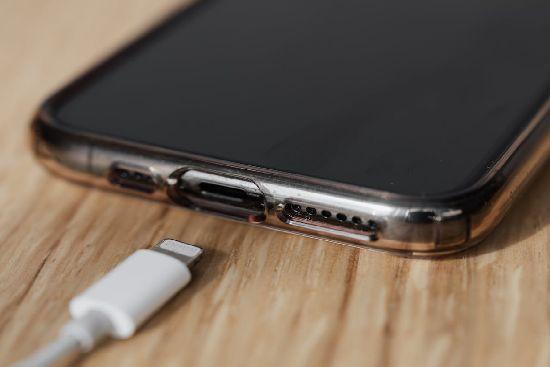One of the debates that is not dying about smartphone batteries is the subject matter of not charging them overnight. The question of whether it is safe or not has been around us since the generation of the basic phones that have keypads in the '90s and the middle of the 2000s. Although the instances of the basic phone having a bubbled battery when they are overcharged is undeniably true, how true is it for the more modern smartphones that even have non-removable batteries? If you have these concerns in mind as well, then the short but enlightening blog that I prepared for today will put your mind at ease about the subject matter and provide you the peace of mind you seek. In this blog, I will provide you with the information you need about charging your smartphone overnight and whether it is safe to do so in order for you to have a full set of batteries the next morning or if should you turn to alternatives instead. So without any further delays, let's get right into today's discussion…

Is it a Bad Idea to Charge Your Mobile Phone Overnight?
The answer to this all-important question is a yes and no depending on the smartphone you are using. You have to bear in mind that updated versions of Android which includes Android 12 and above have a foolproof system against overcharging. If you happen to own one of them, it is most likely that you have observed the unit notifying you that it finally reaches a full battery. In addition, the operating system has the technology that automatically disconnects the unit from a power source once it has fully recharged. If you are concerned if it still heats up the unit because it is still after all plugged into the wall socket, then you can put those worries aside because it will not cause the unit to increase its temperatures. However, it would indeed increase in temperatures if you have forgotten to close the applications you are using before going to sleep or there are applications running in the background. Although it is not generally considered hazardous, it would be best to disable such applications in order to prolong the battery life of the smartphone and prevent any potential damage to the internal components of the unit that may cause it to malfunction as a result.
However, such instances are not the same with smart devices that are using older versions of Android, particularly operating systems such as Android 11 and below. This is the case because they do not possess the technology of automatic disconnection from a power source yet. Similar to the basic phones of the '90s and mid-2000s, its batteries are likely to bubble up when you charge them overnight or if you happen to overcharge during the day. If you are indeed using older versions of an Android OS, the best piece of advice here is to have partial charges throughout the day even if they still have a high battery level for you to prevent charging them overnight.
Does Overcharging Overload the Smart Device's Battery As Well?
If you have these questions in mind, then the answer is basically the same as with the concern of charging the smartphone overnight. Therefore, the short answer is a resounding no. You have to keep in mind that smart devices are not referred to as "smart" for no reason. As mentioned in the previous section, the smartphone is smart enough to recognize when it has already reached maximum battery level and disconnect from a power source automatically to prevent the unit from overheating. But the great thing about updated versions of Android is they continually provide a small amount of charge every time it loses a battery level during the night especially if you have active apps running in the background which gives you a full battery the next morning.

Final Thoughts
I sincerely hope that the information I shared with you in this short blog has somehow enlightened you on the subject matter of whether it is safe to charge your smartphone overnight or not. Again, allow me to emphasize if your smartphone is embedded with Android 12 and above, you need to put any worries aside regarding the subject matter we discussed today. However, you need to be extra cautious if the unit is using Android 11 or lower because they do not have the technology of automatic disconnection when it fully charges. Another important thing you have to consider is to use a certified type c charger only. Since you are going to charge the smartphone overnight, you won't be able to monitor if there is something abnormal happening to the charging process. With a certified charger, you are assured of the quality of the unit. On the other hand, the quality of cheaper chargers is in question since the materials used in making them are subpar and the level of quality control is low.